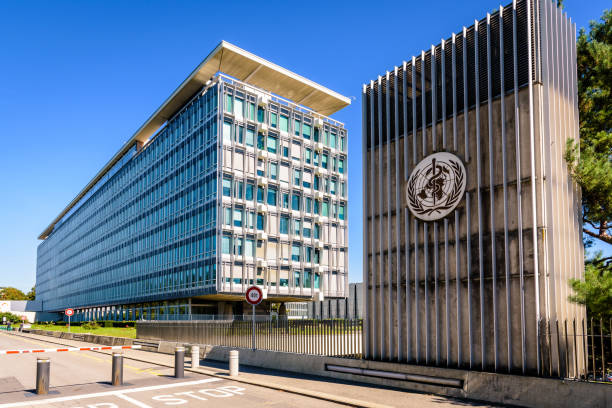Geneva/New York, December 1 – The World Health Organization has launched a global process to draft and negotiate an agreement under its constitution to strengthen world health systems against future crises of infectious diseases.
The decision to launch the negotiations was taken by the World Health Assembly in Geneva, which is the WHO’s decision-making body. In a press release, WHO said it was a consensus decision titled “The World Together,” which aims at protecting the world from future pandemics. The decision establishes “an intergovernmental negotiating body (INB) to draft and negotiate a WHO convention, agreement, or other international instrument on pandemic prevention, preparedness and response, with a view to adoption under Article 19 of the WHO Constitution, or other provisions of the Constitution as may be deemed appropriate by the INB.”
Dr Tedros Adhanom Ghebreyesus, WHO Director-General, said the decision represented a “once-in-a-generation opportunity to strengthen the global health architecture to protect and promote the well-being of all people. The Covid-19 pandemic has shone a light on the many flaws in the global system to protect people from pandemics: the most vulnerable people going without vaccines; health workers without needed equipment to perform their life-saving work; and ‘me-first’ approaches that stymie the global solidarity needed to deal with a global threat.”
“But at the same time, we have seen inspiring demonstrations of scientific and political collaboration, from the rapid development of vaccines, to today’s commitment by countries to negotiate a global accord that will help to keep future generations safer from the impacts of pandemics.”
WHO said the INB will hold two meetings, in March and August 2022, to agree on working methods and will hold public hearings to inform its deliberations. The INB will deliver a progress report to the 76th WHA in 2023 and submit its outcome for consideration by the 77th WHA in 2024.
The WHA held a three-day special session starting on November 29 before deciding to establish the INB. Tedros said in remarks at the session that Covid-19 has exposed weaknesses in the global health systems to deal with crises such as a pandemic. The session was held after a new Covid-19 variant named Omicron was detected in southern Africa, prompting some countries to close borders and consider new lockdowns.
Tedros said the world should thank South Africa and Botswana for detecting, sequencing and reporting the new variant Omicron instead of penalizing them. Some countries have closed borders to visitors from several southern African countries immediately after Omicron was discovered.
WHO has strongly criticized the world’s richest economies for monopolizing vaccines at the expenses of poor and vulnerable countries. The WHO chief pointed out that almost 8 billion vaccines were administered around the world in less than 12 months, making it the largest vaccination campaign in history. But he said more than 80 per cent of the vaccines have gone to the group of 20 richest countries (G20) while low-income countries, most of them in Africa, have received just 0.6 per cent of all vaccines.
He renewed a call for countries to support a program to vaccinate 40 per cent of the population of every country by the end 2021, and 70 per cent by mid-2022. He said a total of 103 countries still have not reached the 40-per-cent target, and more than half of them are at risk of missing it by the end of 2021, “simply because they cannot access the vaccines they need.”
United Nations correspondent journalists – United Nations correspondent journalists – United Nations correspondent journalists
United Nations journalism articles – United Nations journalism articles – United Nations journalism articles

